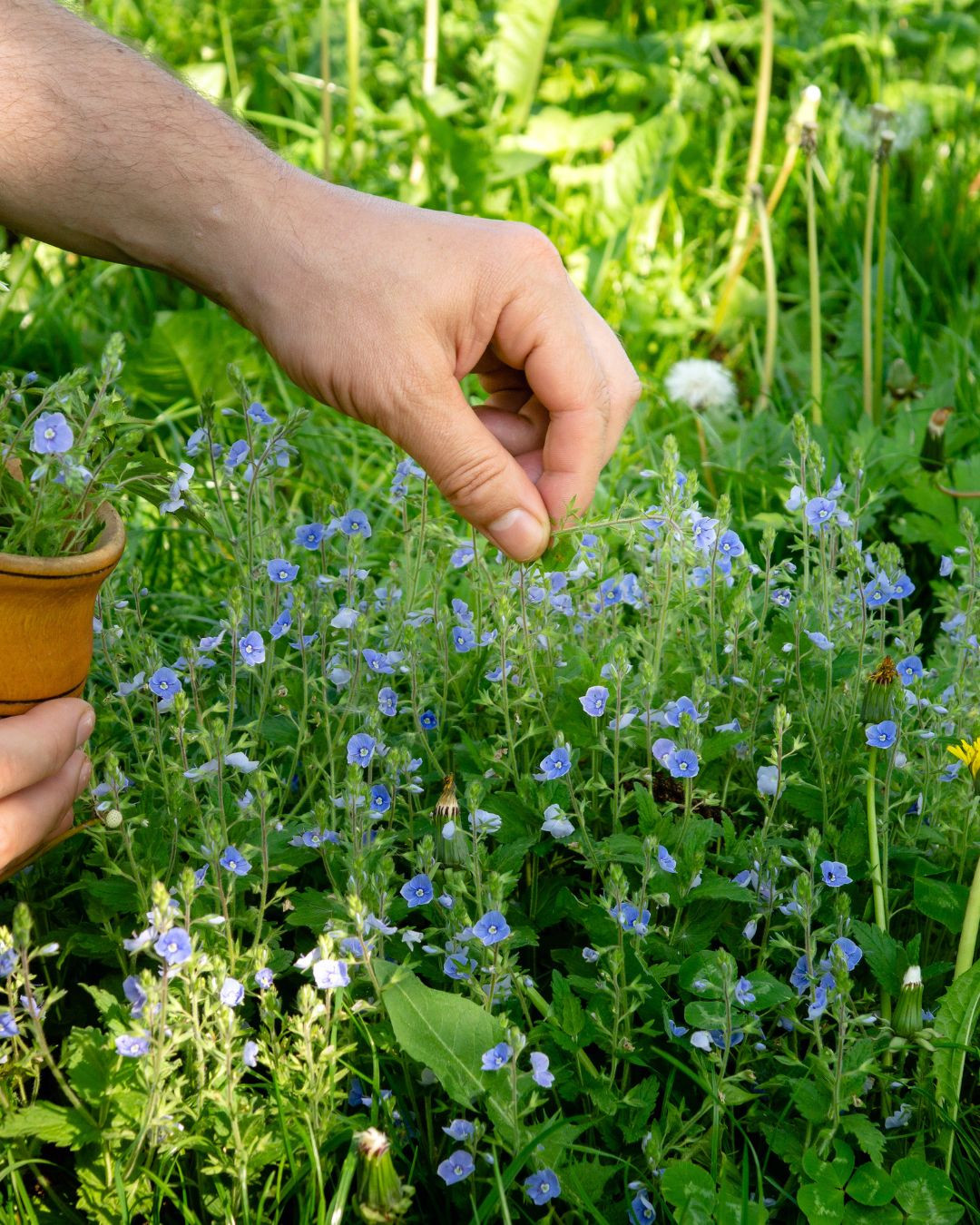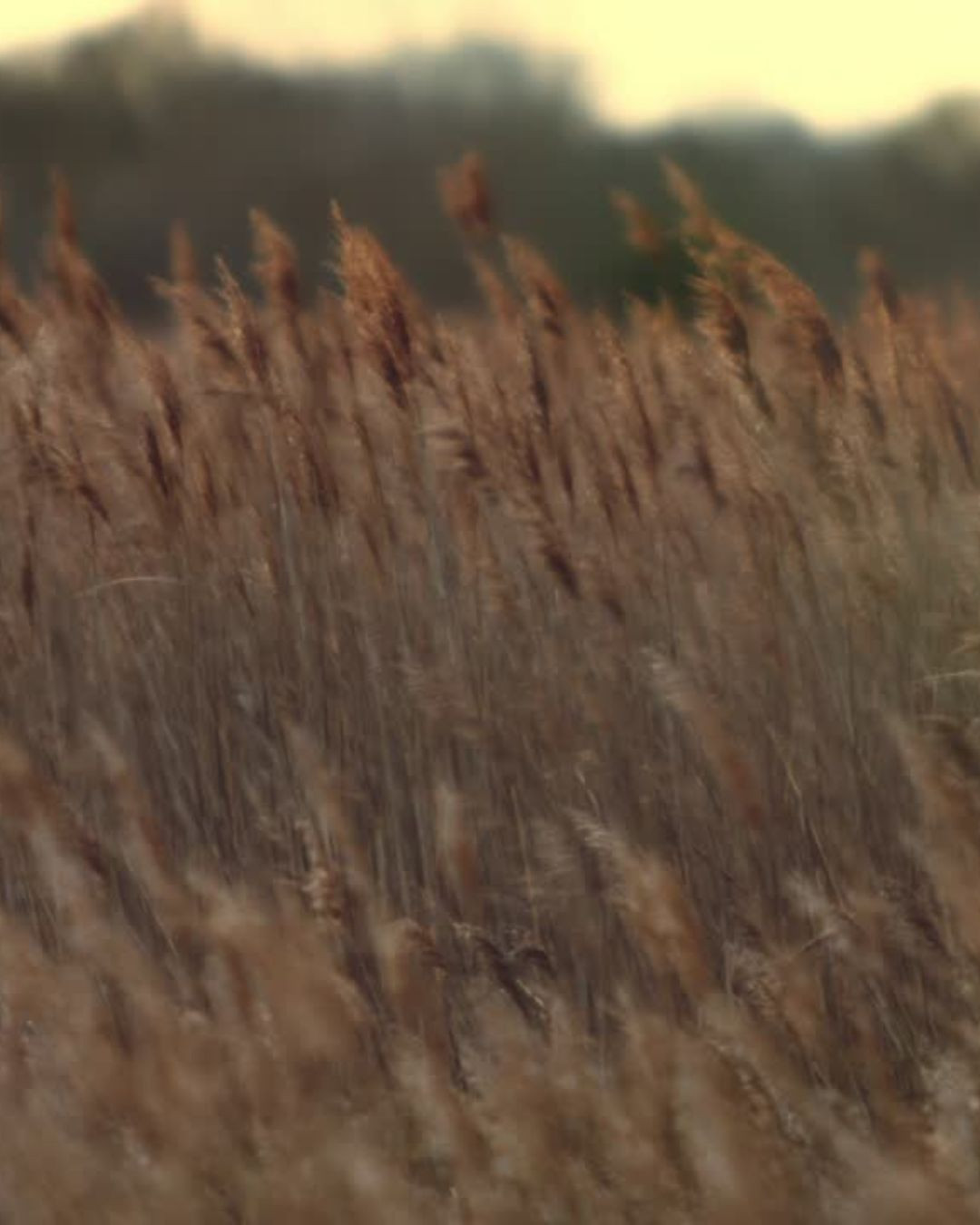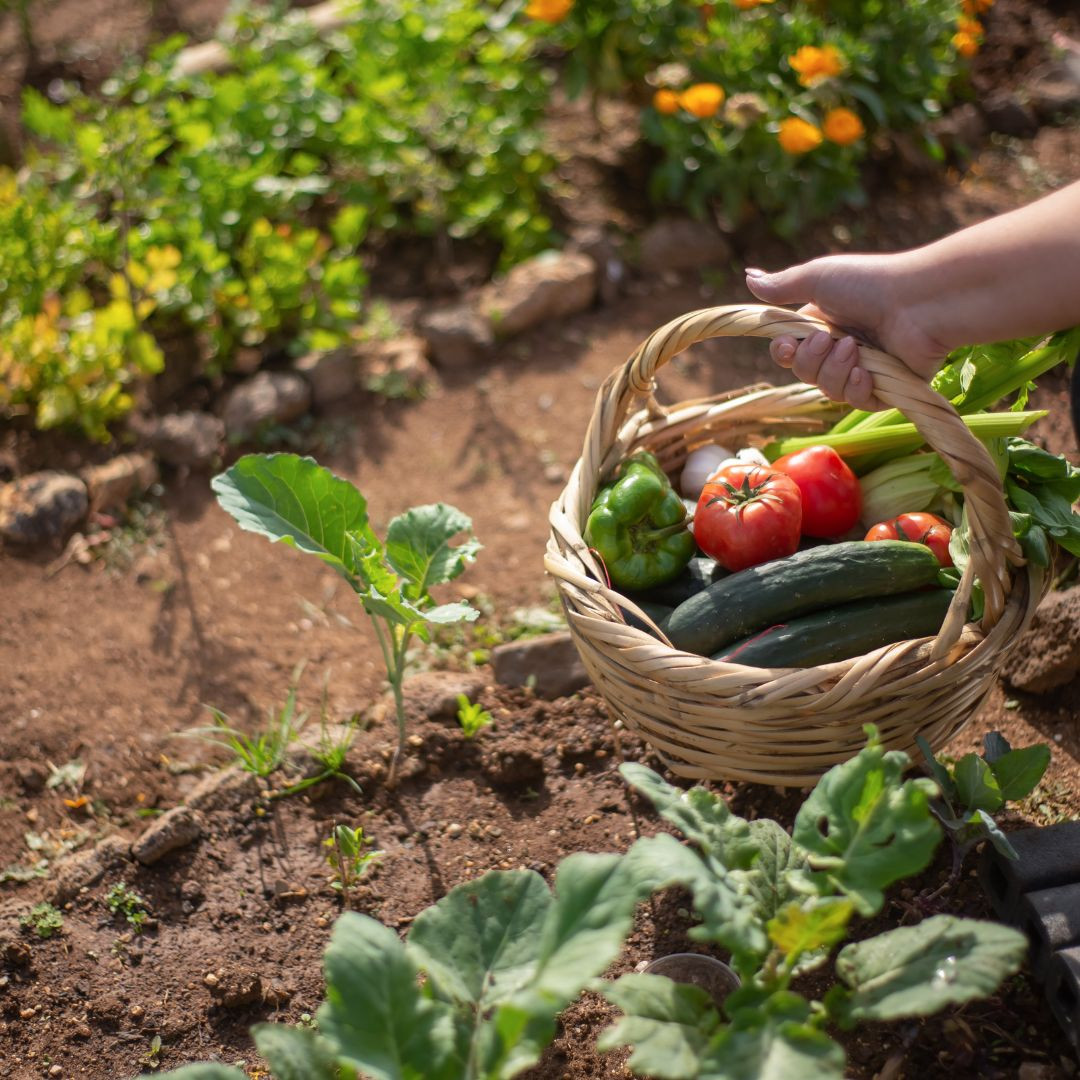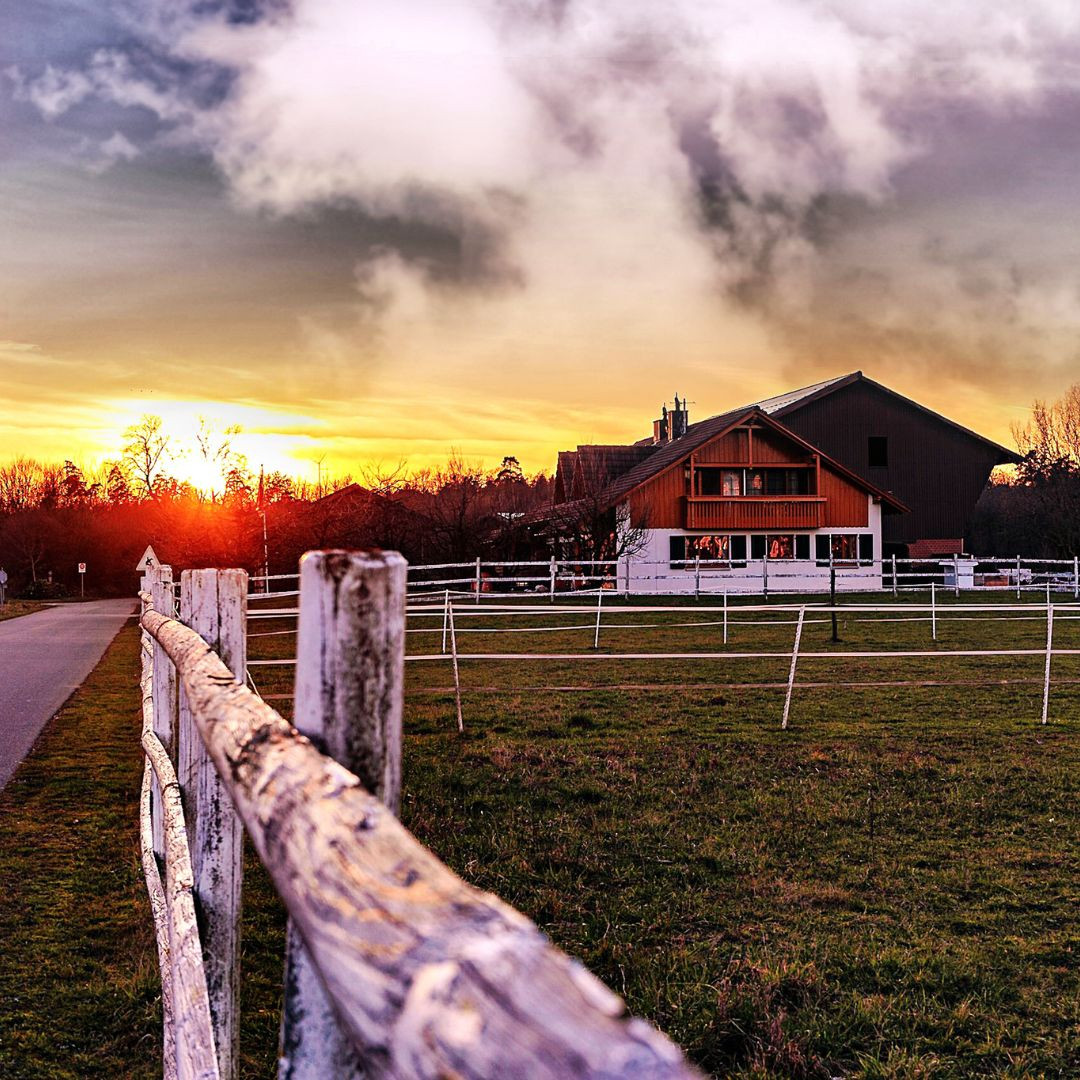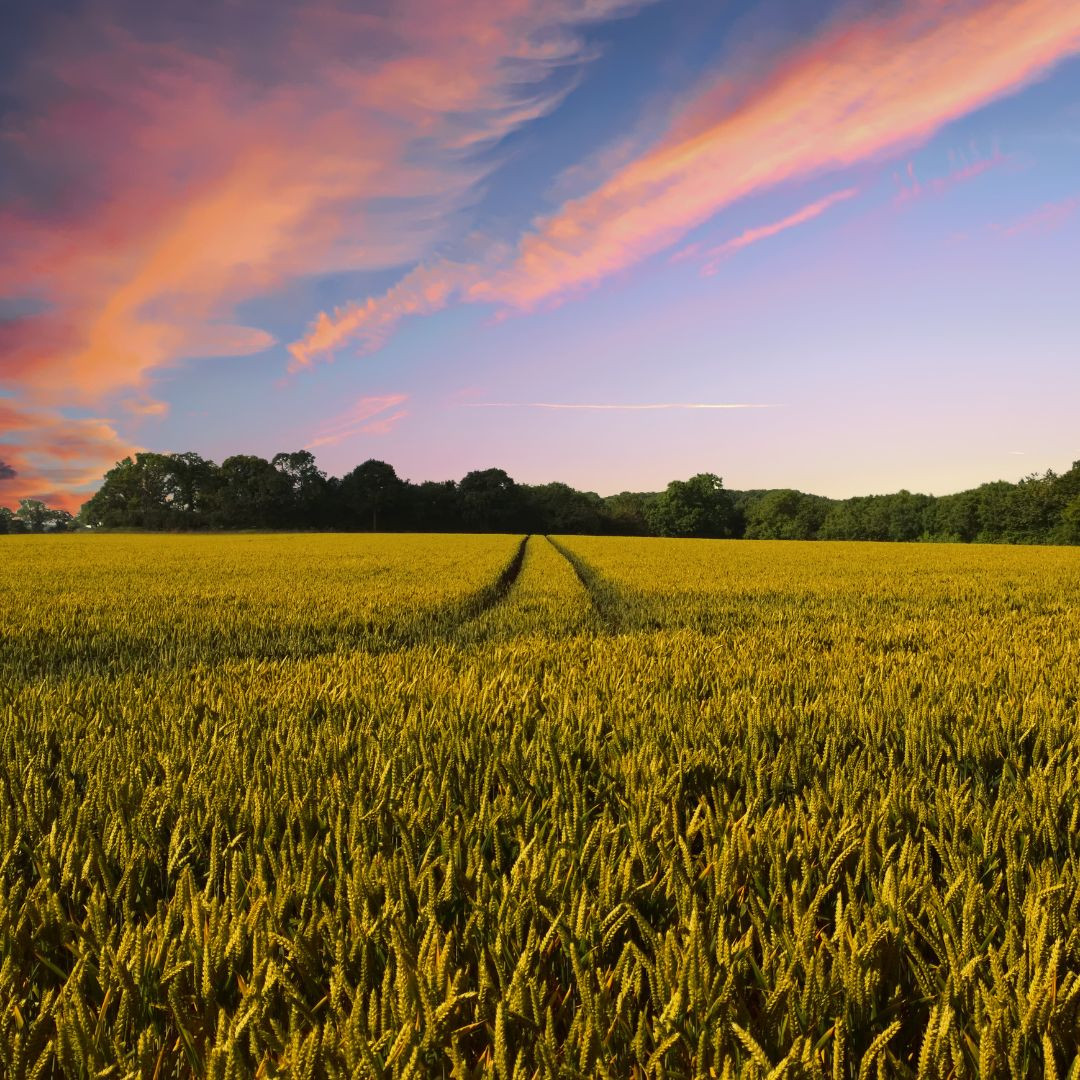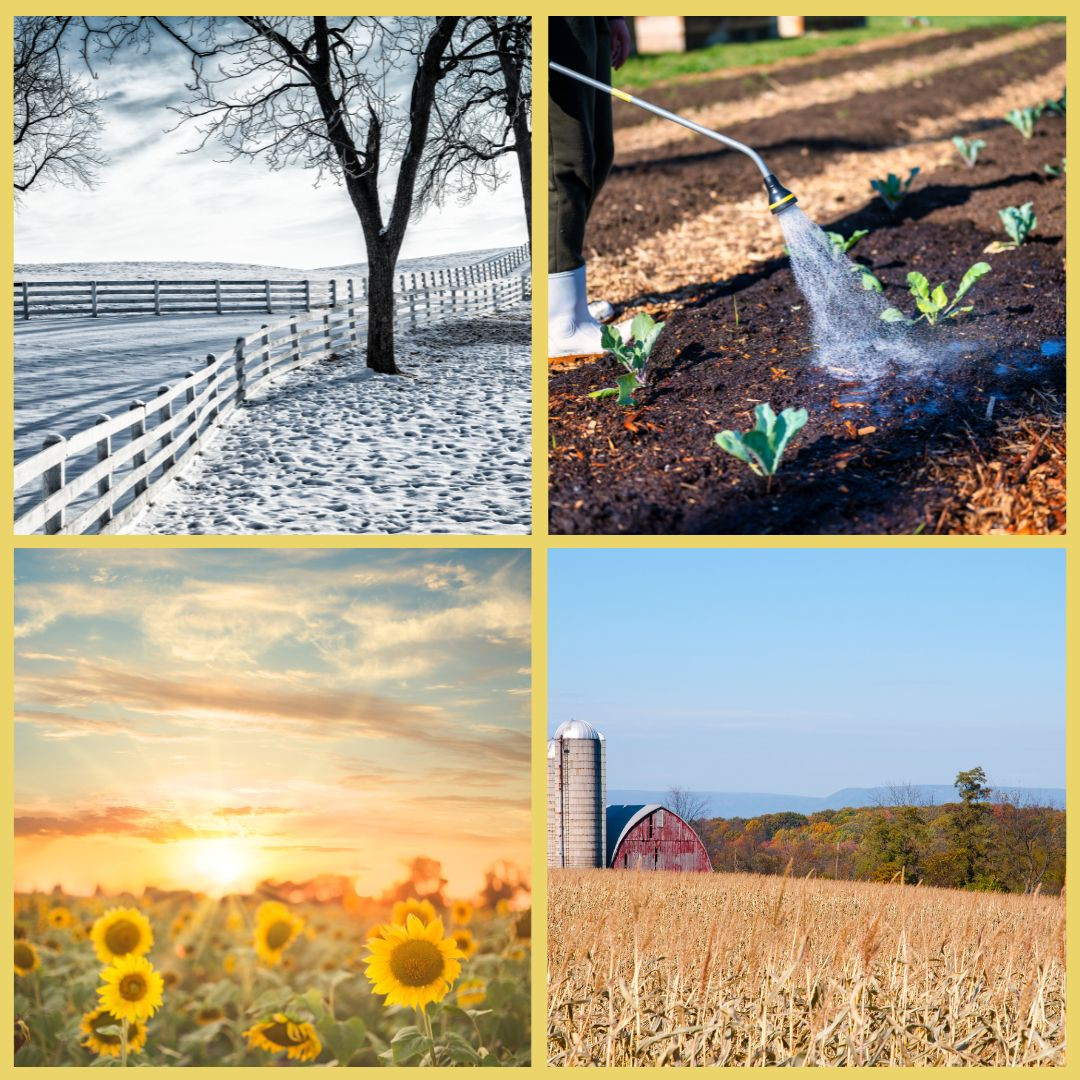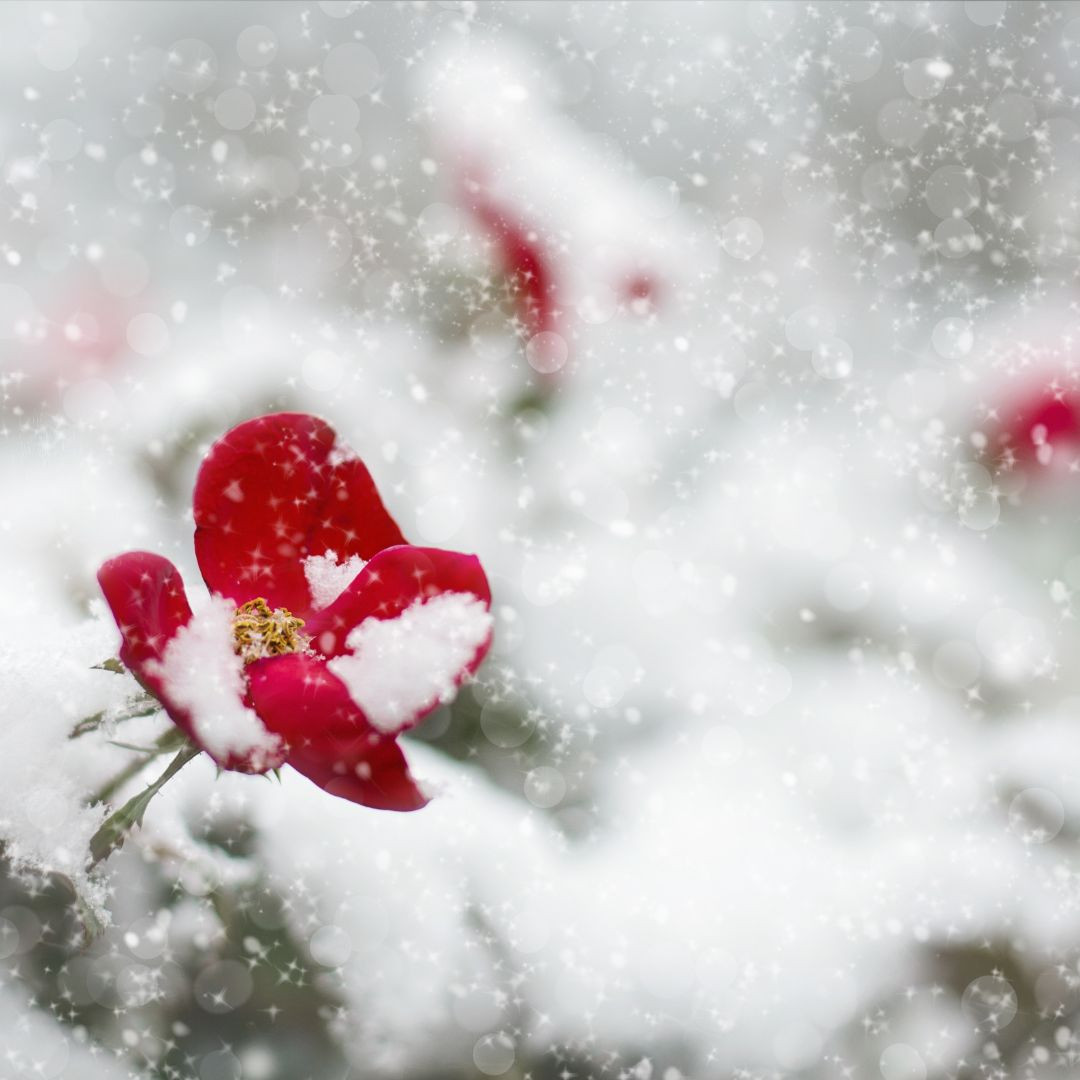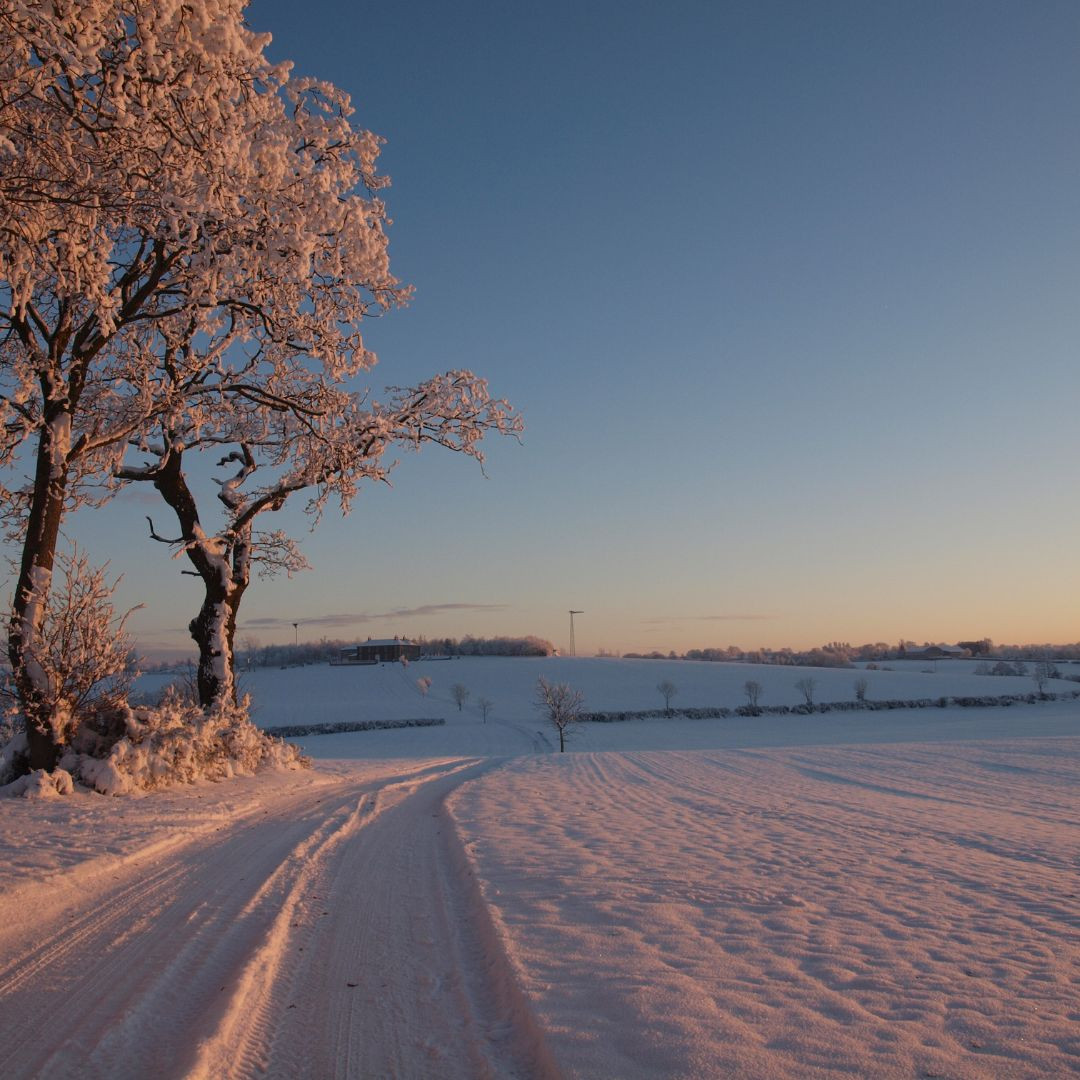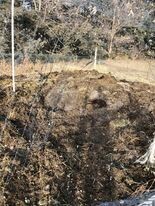
This post may contain affiliate links, which means that I may receive a commission if you make a purchase using these links, with NO additional cost to you.
Everyone pictures that perfect garden, sunny, vibrant plants, time at ease. Picking the best spot to plant your garden can take some time and consideration. You really don’t want to have to move it later if you find to spot doesn’t work, especially if you have a fence around it. Below I’ll discuses the most important things to consider when picking your garden spot.
The biggest thing to consider is hours of light. Most garden vegetables require at least 8 hours of sunlight. This means planting your garden right under the shade tree may not be the best idea. Can you grow some things there? Yes! Some plants love shade. Some cool season plants can do well on the fringe of the shade tree to help break the heat of the day. Most gardens are in a sunny spot, where little shade reaches.
Another note on sun light to consider. The sun warms the soil temperature. If part of the garden is shaded more than the other, the shaded part will be slightly behind. You can use this to your advantage to either grow cooler season plants there, or extend your harvest, so not all the produce is ready at the same time.
Another consideration is soil type. Different plants prefer different soils. Most of the time a heavy clay is not beneficial to vegetables, and neither is sand. If you have an area that has rich nutritious soil, your garden will do well. Looks can tell you a lot, but the gold standard is a soil test to tell you exactly the mineral levels in your soil.
Shelter can be a good thing for a garden, if it is in the right place. Blocking the wind can keep young tender plants growing. It can also act as an insulator and buffer the slight frost. You don’t want this shelter on the south side though, as it will block most of your sun light. A nice north tree line can server very well.
Water access is huge for gardens. Most vegetable gardens require quite a bit of water, depending on where you live. Having a hydrant close, or easy to run a hose to is critical to keeping your garden watered.
The biggest tip no matter the garden you choose, is to keep it in your line of sight from your house, or wherever you spend a lot of your time. By seeing the garden frequently, it keeps it in the front of your mind, to tend to. Weed, water, and harvest. Gardens placed in the back where there is a lot of room, tend to be forgotten and neglected.
What is the biggest things to consider in planning a garden plot? Amount of sun light, soil type, shelter, water access, and line of sight from the house.
Join the FREE Community
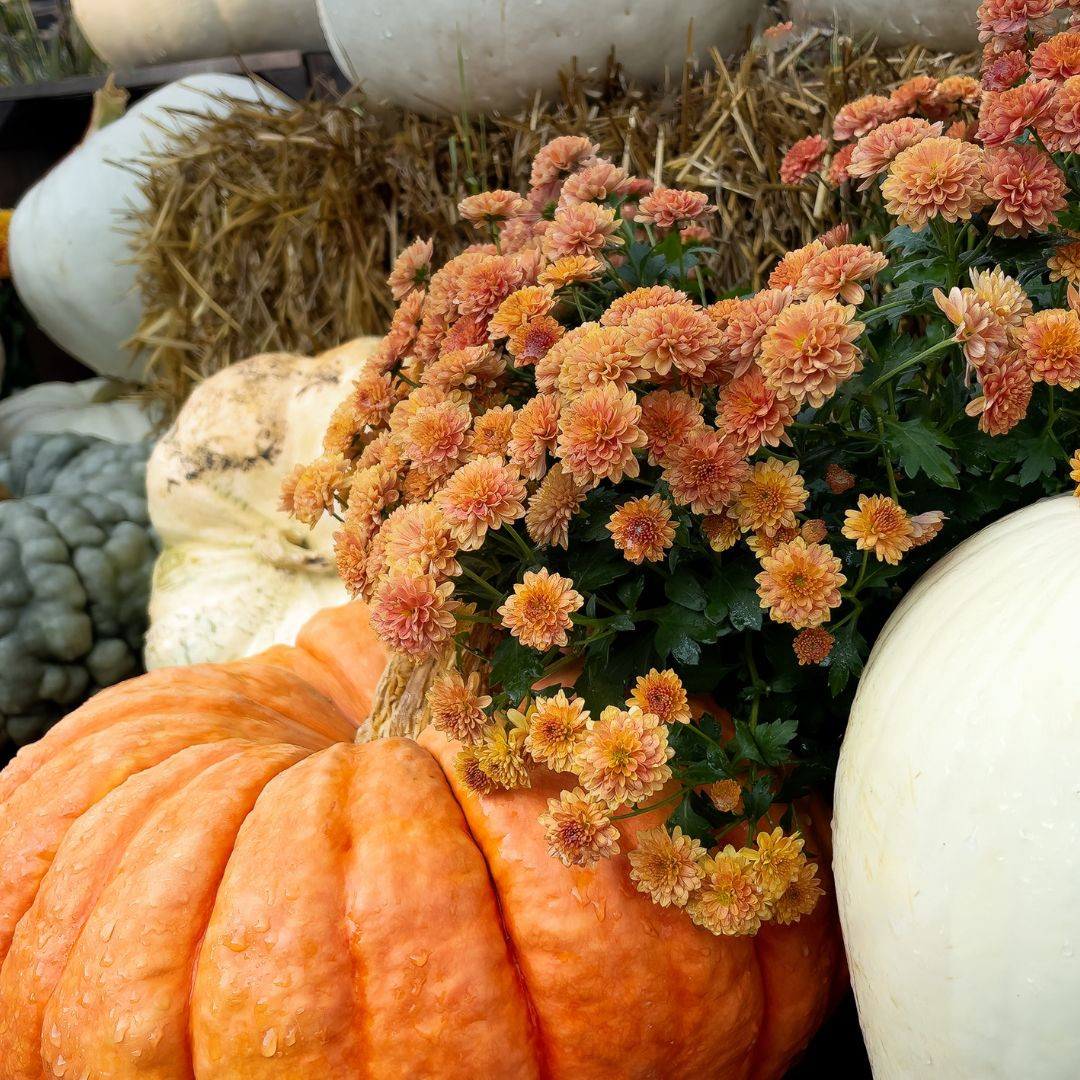
Join the FREE Community
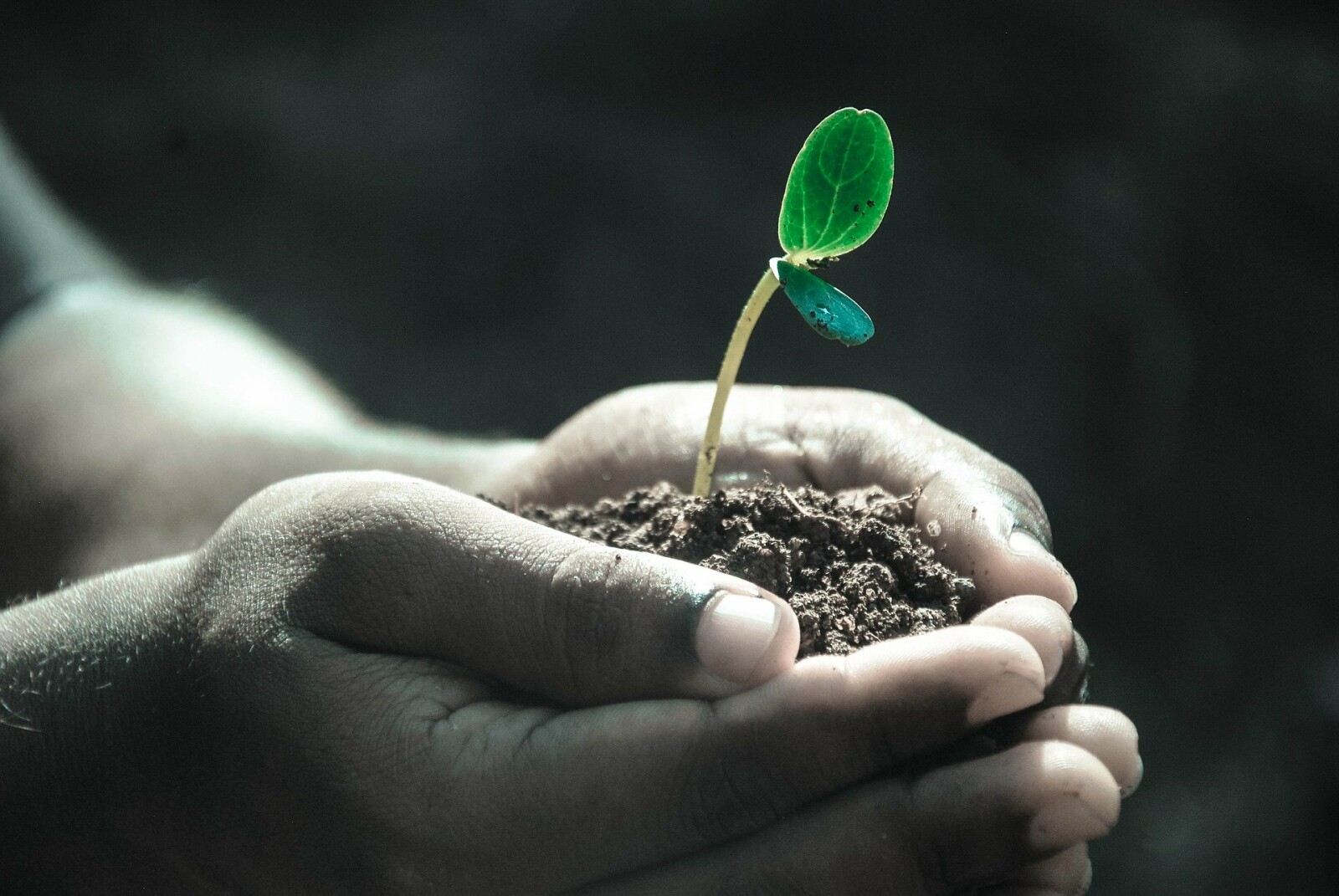
This post may contain affiliate links, which means that I may receive a commission if you make a purchase using these links, with NO additional cost to you.
Wanting a community to lean into? Join the FREE Courageous + Purposeful Mommas group! This community is for the Mommas, mommas to be, in the midst of raising, and kids grown, looking for tips on building your family up and providing for them through natural methods. Tips include: gardening, bulk buying, caning,/preserving, livestock, homesteading, and home remedies. Your family is precious, and this group is to help you gain the knowledge and tools to keep your family well and not reliant on outside professionals. Remedies and tips are easy and simple for the busy momma, time is precious after all, including pregnancy, birth, young kids, and illness. Trust your Momma gut again! This community offers the resources + community you need to help get started on your journey and prepare for whatever future you envision.
Click here to get the stories straight to your email:
For more on wellness tips click here:
For more on homesteading on your budget click here:
For more simple DIY updates click here:

